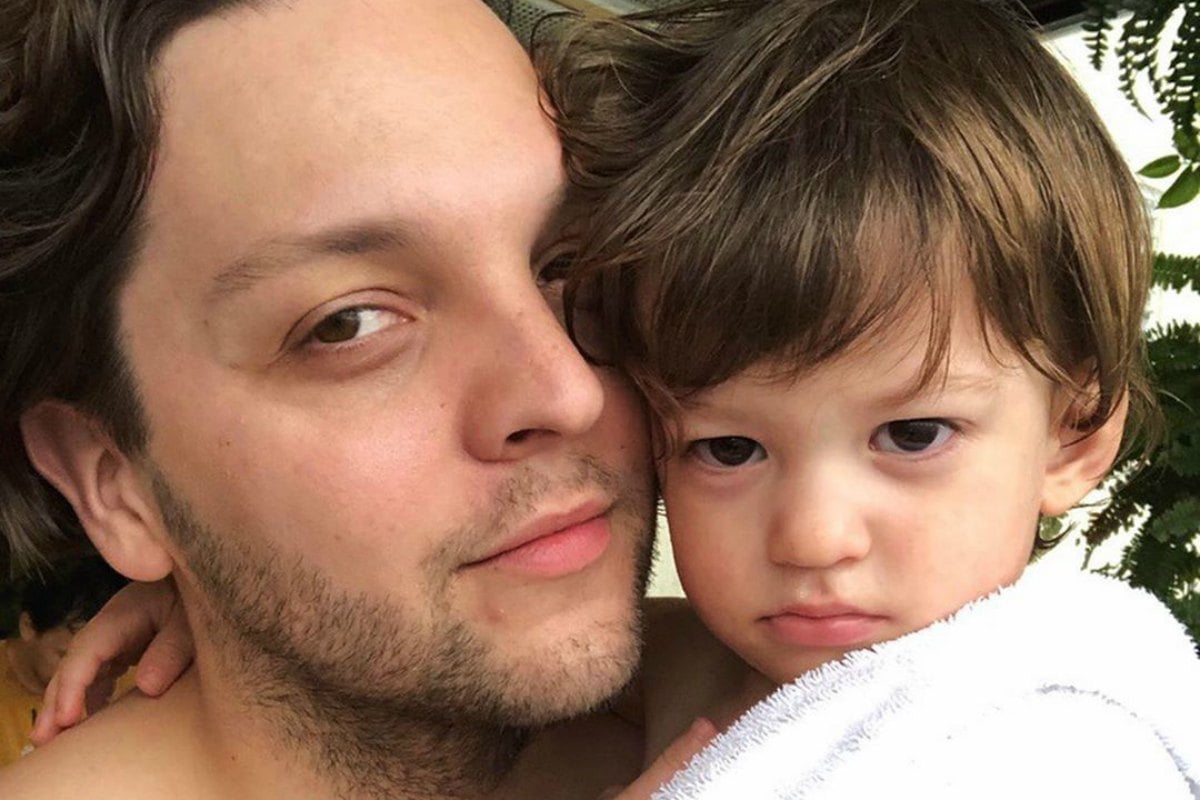
Before I had children, I thought I understood the whole parenting thing.
First, you give birth. Then you never sleep again. You get sick of your mothers’ group (and your children) so you decide to go back to work. Finally, you show your colleagues lots of baby photos and avoid going out for post-work drinks because you’re no longer fun.
Then I had children.
We ask perfectly imperfect mums on the emotional struggles that come with parenting. Post continues below.
I realised within minutes of becoming a father, that on top of everything listed above (because let’s be honest, those things are 100 per cent true), working mums were going through so much more than I ever realised – mentally, emotionally, and physically.
I instantly felt sick. I had flashbacks to late-night texts where I expected a speedy reply. Meetings where I called out employees for spacing out. Reviews where I questioned their dedication.
At the time, it all felt so justified. It was my job as a manager and passionate colleague to push my team to achieve excellence. It was my responsibility to treat each employee – parent or not – as equals.
But on the other hand, no. Raising humans is really really difficult. Add work to the mix and it’s, well, virtually impossible.


Top Comments
Nothing provides a sadder insight into how entrenched misogyny is in our society than reading the comments when new mothers dare ask for help, speak up about both trauma or ask for flexibility in the workplace.
Yes, of course we all have issues to face, kids or not, and greater flexibility for everyone is a must - but one of the leading causes of maternal mortality in Australia is suicide. Can we try to be be mature and allow mothers to discuss issues they face without everyone else getting so offended by it all.
Nice to hear this! I remember getting mastitis because I wasn't allowed to leave an all day meeting to pump. I would go to the toilet as often as I could and kneel on the filthy floor trying to squeeze a few drops out! And for those commenting below, no one is saying childfree people have it easy, but it's undeniably harder being a working parent than a childfree worker.
It's not "undeniably harder". Everyone has their own burdens to bear outside of work, and everyone has their own level of support which you CANNOT confidently assume ALWAYS comes down on the side of a parent bearing the greatest load. Full-time caring for an aging parent with dementia, for instance, is not unlike caring for an adult-sized, adult-strengthed child (right down to the issues of continence and constant supervision). This also comes with the added burden of ongoing grief over losing one's parent and the reversal of roles.
You have no idea what your colleagues are dealing with outside of work, parents or not. A good manager would not stake out one group and treat them so preferentially; they would afford the same availability of flexibility and compassion to everyone.
Similarly, being a parent, and all the unique changes that goes on with that, doesn't automatically mean that your struggles and sacrifices are automatically the biggest or the most challenging. Everyone runs their own race in life, and you truly can't know what another person is going through (even another parent). This is why equality for simple things like flexibility and compassion in the workplace is key - there simply is no way of quantifying and accounting for struggle based on arbitrary lines such as whether someone is a parent. Flip the discussion another way around: what have parents got to lose by supporting the notion that all employees be treated with consideration when it comes to compassion and flexibility? If you truly think parenting doesn't make you "worthier" or "superior", then why the opposition to the suggestion that child-free people, and their lives, be considered too?
BTW: as a child-free person myself, I've got some inkling as to how parenting changes people, and their lives. Yes, not practical experience, but enough insight to know that it wasn't for me, hence my reason to avoid being a parent altogether. Indeed, we're often well-aware of the downsides and negative aspects of parenting; moreso than many people who pursue parenthood.
One additional point: everyone develops and changes throughout life. One mistake parents make is to assume they know what it's like to be child-free, because they once were. What this actually means is that they remember what it was like FOR THEM to be child-free in a historical sense - but they don't know what their life and person would have been like had they continued on that way. They assume life and one's outlook crystallises and doesn't change unless kids come along to change it. They forget they haven't got the experience of evolving through life without kids, and forget that in the absence of children, child-free folk can - and do - have their lives and priorities change profoundly over time: children are not the only catalyst or motivation for such things. Child-free people don't exist with a massive void in our developmental timeline; our experience of life is shaped by a different perspective which again, you don't have experience of if your life branches out into parenthood. Ultimately it boils down again to the fact that you simply can't assume you know everything about another person's journey through life. But it makes sense to be kind.
No, you know what your life was like without children. You can't "fairly judge" what anyone else's life is like, with or without children.